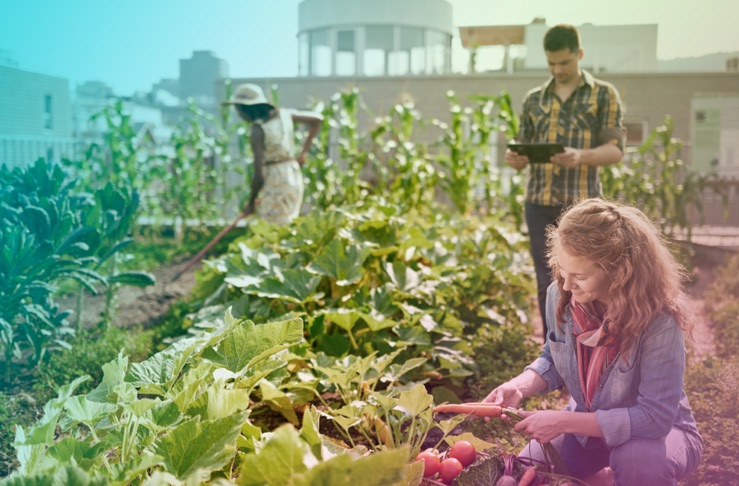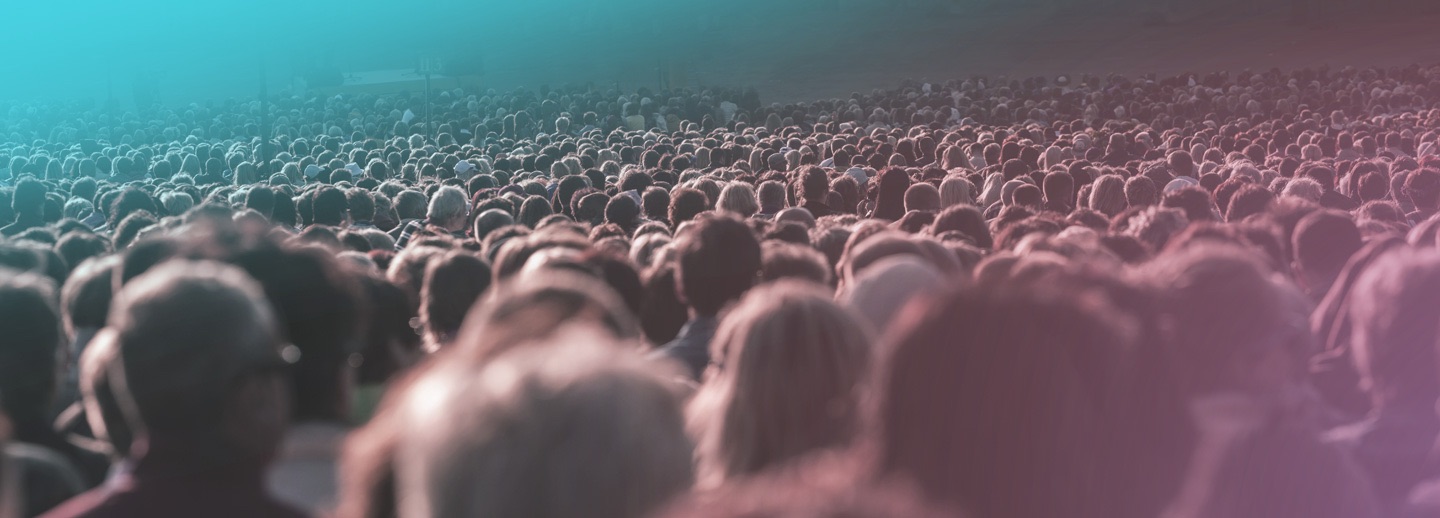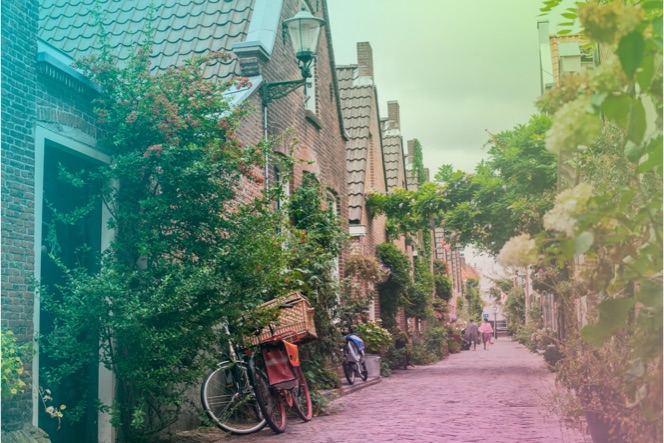
THE CITY
AND THE VIRUS
We have become increasingly aware of climate change and the rising fragility of more and more cities in diverse parts of the world. Flooding, overpopulation, the challenge of securing food for cities, desertification, and more, have emerged as visual actors in a growing range of debates.
And the challenges we confront and make it difficult to make change, are not just a question of households having the money to buy the needed tools. It is also the fact of expanding urban areas where there is not enough food close by and it may take an hour to get to a vendor. European cities are perhaps an exception in that they tend to be small and have long secured the option of growing some food in cities. This is something that is far more difficult in the major cities of the Americas and of much of Asia where food in all its diverse dimensions tends to be under the control of major enterprises.
And yet! Cities are key to changing how we handle this new era that has already started even if we are not always aware of this. It is not easy to detect a major transformation has happened when dealing with complex systems over which the average citizen has only little access and knowledge. Cities are one of the most direct places for growing food -avoiding shipping and trucks bringing in the food from far away regions. In our current era time has become of the essence. We have to move much faster than we are doing now if we are to change some of the fundamental features of our current period.
We must recover the critical role of urban space in the development of alternative modes of securing life and food. And if we want to develop at least some of this in cities, we will have to struggle against many major enterprises. Elsewhere I have developed an analysis of the key role played by streets in the making of sociabilities of all sorts and the comforts of trust. We will need to strengthen these conditions and options.


What the street brings to this type of project is an easy and minimal respect and appreciation of the other (see e.g. "The Global Street: Making the Political". Globalizations 8 (5), 2011:573-579)
The coronavirus crisis we are currently going through has become a powerful voice all its own. It has not asked anything from us, except a bit, a little bit of our blood. And for that little bit we are paying a very high price -at its most extreme, the price of our capacity to live on. This invisible actor, which makes no noise we humans can hear, which leaves no scratches on our legs or arms, can and will nonetheless kill a not insignificant share of us humans alive today. It does resonate with a larger world that makes aggression in cities more visible.1


Across the centuries, we have done vast migrations to escape negative conditions and find better worlds. Today's presence of the coronavirus feels like we have no space to run to. And we cannot escape. The only option is to stay in spaces surrounded by big walls and windows we can close.
And yet, this is a temporary condition, even though a recurrent one. Most of us humans whom the virus penetrated, have survived, but often barely. And far too many died.
But the fact that a majority of us survived matters. It matters not only because it tells us we can survive it. It also matters because its presence and its failure to kill most of us is significant. And it tells us that we can have a chance to survive it, but that chance needs to be made and developed. It does not fall from the sky ready made to defend us. We need to protect ourselves, and whenever it is an option we need to alert or help those who are at risk and do not know it. We cannot be silly or mindless.
One message this virus represents is that we cannot keep organizing our cities the way we are now. And this holds perhaps especially in the Americas and in Asia, with their vast stretches of highways and vast numbers of cars -making it difficult for residents to walk to the diverse places they need to access. European cities tend to be much smaller and more manageable... But they are the exception in our current world when it comes to large cities. And this is in good part because they emerged from an older epoch when self-sufficiency was an important and recognized aim and an option, even if partial.
We need to build many new cities that are reasonable in size and enable the lives of residents rather than forcing them into very long commutes. We need what European cities have: small gardens where you can grow some basics (greens) easily. And we need to prioritize the wellbeing of all rather than privileging the making of wealth in the form of money rackets that we are increasingly confronting. We cannot reduce cities to the status of moneymakers -which today is happening with more and more of our great cities- .

Concluding, we must ask ourselves what can be done to create resilience in cities? Is there a case for abandoning certain areas in what has been termed "strategic climate retreat"? What impacts could this have on migratory flows?
We must recognize that the ground has shifted. I think more and more entities -universities, municipal governments, young students, and so much more- are now focused and deeply engaged by the environmental challenge and by the need for social justice. Cities are certainly a major factor in our current world, and easy to criticize: the new generations are engaging with the urban condition in a way we, the older generations did not quite. This promises a far stronger engagement with the immediate surroundings within which we live and where we might make a difference. And it also promises a much stronger orientation to the world and the diverse needs and challenges they contain.

1 In a new book with Mary Kaldor, we examine eight cities that are at war in today's world. There is an interesting resonance with the war against a virus. (M.Kaldor and S.Sassen CITIES AT WAR. Columbia University Press 2020)
Saskia Sassen is an American sociologist, writer, and teacher. 2013 Prince of Asturias Award for Social Sciences and 2018 CLACSO Award in 2018, she is currently Professor of Sociology at the Robert S. Lynd Chair at Columbia University (New York) and Visiting Professor of Political Economy at the London Department of Sociology School of Economics. She has an honorary doctorate from the University of Delft (Netherlands), that of Poitiers (France), that of Ghent (Belgium), that of Warwick (United Kingdom) and the Royal Institute of Technology in Stockholm.









